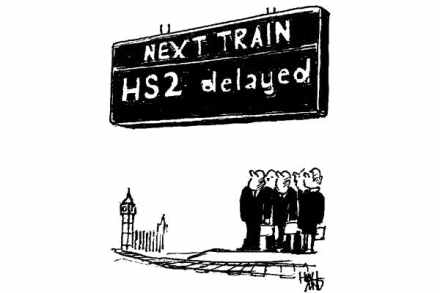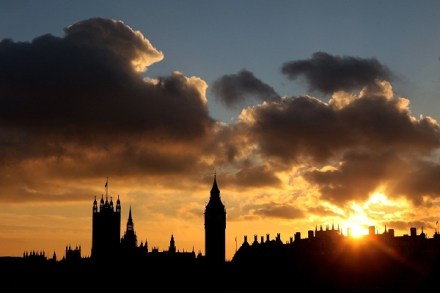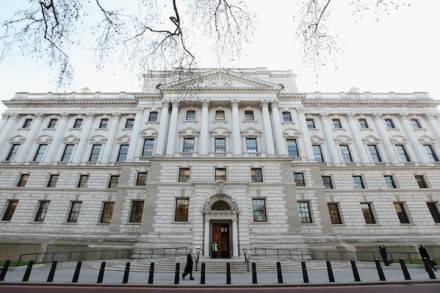The ludicrous 20-year timescale for HS2 is reason enough to abandon the whole thing
If I stand on the forecourt of Euston station tomorrow morning, I will be able to get to Manchester by high-speed train in 20 years, one hour and eight minutes. That’s only 19 years, 364 days and 23¾ hours longer than it took me last month. But at least we know that 17 June 2033, the day earmarked for the opening of the London to Manchester High Speed Rail service, will be a nice, sunny day. As the inaugural train pulls out of Euston, it will travel under clear blue skies until the train reaches Birmingham (scattered clouds: chance of precipitation 20 per cent). We know this, because, of course,



















